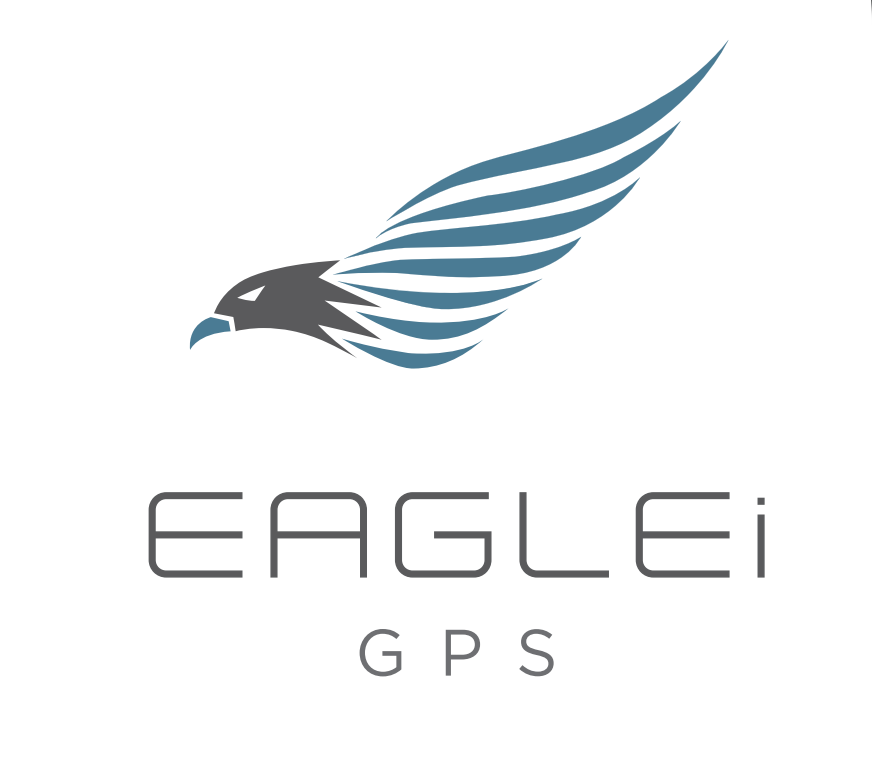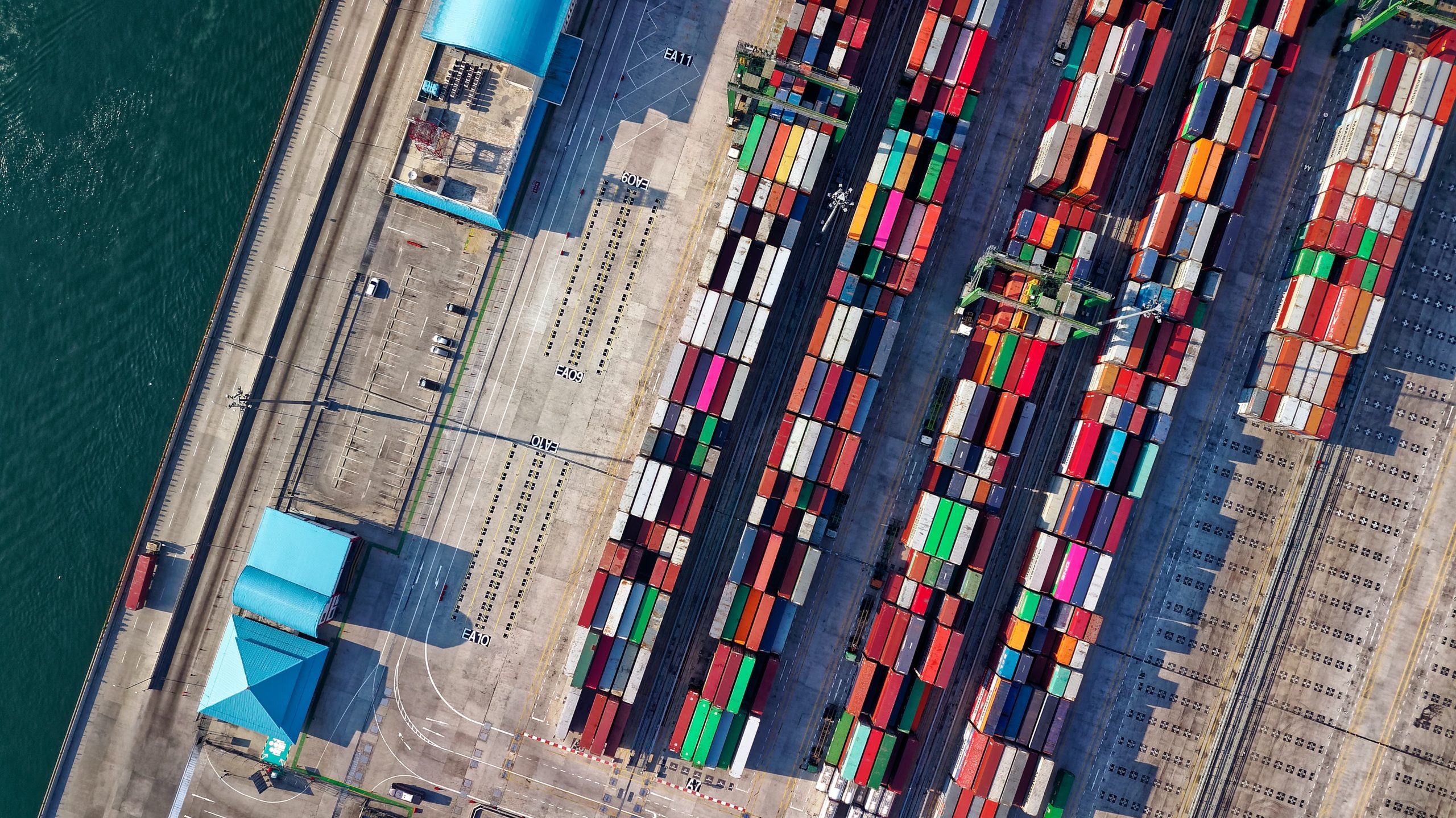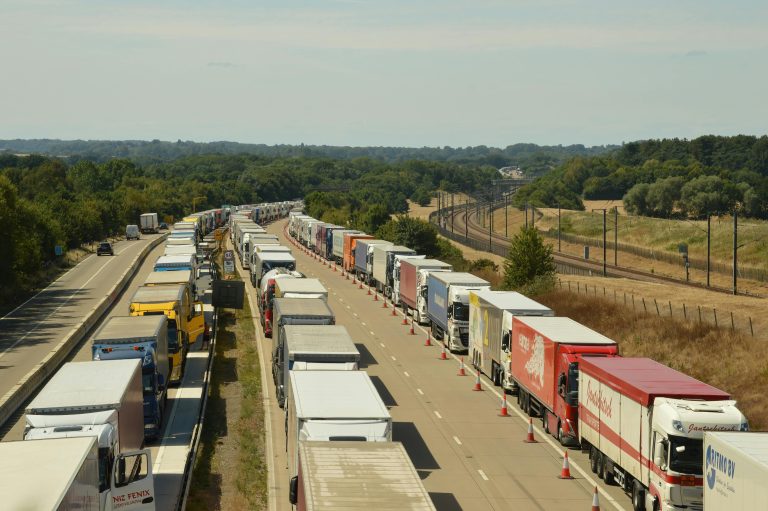Introduction to GPS Trailer Tracking: Understanding the Basics
Understanding the Fundamentals of GPS Trailer Tracking
In an era where logistics and transportation are the backbones of numerous industries, understanding the fundamentals of GPS (Global Positioning System) trailer tracking is crucial. This technology, while simple in concept, has revolutionized the way businesses track and manage their assets, particularly trailers. Let’s dive into what GPS trailer tracking is and how it’s changing the transportation landscape.
What is GPS Trailer Tracking?
GPS trailer tracking is a technology that uses the Global Positioning System to monitor and track the location of trailers. This is achieved through GPS devices installed on trailers, which provide real-time data on their whereabouts. It’s a critical component for businesses that rely on transporting goods, as it offers an unprecedented level of visibility and control over their mobile assets.
How Does It Work?
The system operates by installing a small GPS tracking unit on a trailer. This unit receives signals from satellites orbiting the Earth to determine the trailer’s precise location. The data collected by the GPS unit is then transmitted to a central server, where it can be accessed by fleet managers and logistics coordinators via specialized software or mobile apps. This setup allows for continuous monitoring of trailers, whether they’re on the move or parked at a location.
The Evolution of GPS Tracking in Logistics and Transportation
The use of GPS technology in transportation isn’t new, but its application in trailer tracking has evolved significantly over the years.
Early Days of GPS Tracking
Initially, GPS technology was used primarily for navigation and simple tracking tasks. The early systems were bulky, expensive, and limited in functionality, mainly providing basic location information.
Advancements and Integration
As technology advanced, GPS devices became smaller, more affordable, and more powerful. Integration with cellular and internet technologies allowed for the transmission of real-time data, transforming the way logistics companies manage their fleets. Today’s GPS trailer tracking systems offer a suite of features like geofencing, route history, speed monitoring, and more.
Applications in Logistics and Transportation
The applications of GPS trailer tracking in logistics and transportation are vast and varied:
- Fleet Management: Offers real-time data to optimize routes, reduce idle times, and improve overall fleet efficiency.
- Theft Prevention and Recovery: Provides a vital tool in securing assets and aiding in the recovery of stolen trailers.
- Compliance and Reporting: Facilitates easier compliance with regulatory requirements and simplifies reporting for logistics operations.
- Operational Efficiency: Improves the allocation and utilization of trailers, leading to cost savings and enhanced service delivery.
Benefits of GPS Trailer Tracking
The adoption of GPS trailer tracking brings several benefits:
- Enhanced Security: Reduces the risk of theft and aids in quick recovery.
- Increased Efficiency: Real-time tracking enables better planning and utilization of trailers.
- Cost Savings: Optimizes routes and reduces fuel consumption and maintenance costs.
- Improved Customer Service: Enables more accurate delivery time predictions, enhancing customer satisfaction.
Challenges and Considerations
While GPS trailer tracking offers numerous benefits, there are challenges and considerations:
- Cost of Implementation: Initial setup and ongoing subscription fees can be significant for some businesses.
- Data Management: The need for effective data handling and analysis to make the most of the information gathered.
- Harnessing Solar Power for GPS Trailer Tracking: Exploring the benefits and challenges of integrating solar-powered technology with GPS tracking devices to enhance efficiency and reduce environmental impact.
Conclusion
GPS trailer tracking is a game-changer in the world of logistics and transportation. It offers businesses unprecedented control and visibility over their assets, leading to increased efficiency, enhanced security, and improved customer service. As technology continues to advance, the potential applications and benefits of GPS trailer tracking are bound to expand, further revolutionizing this sector.
FAQs
- Is GPS trailer tracking difficult to implement? Implementation complexity varies, but modern systems are generally user-friendly and can be integrated smoothly into existing operations.
- Can small businesses benefit from GPS trailer tracking? Absolutely, businesses of all sizes can leverage the benefits of GPS tracking to enhance efficiency and security.
- How accurate is GPS trailer tracking? Modern GPS systems are highly accurate, often providing location data within a few meters.






